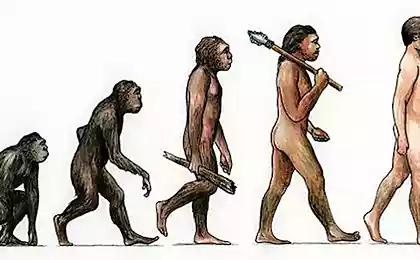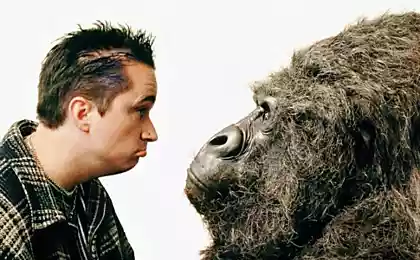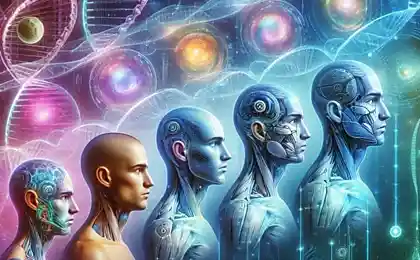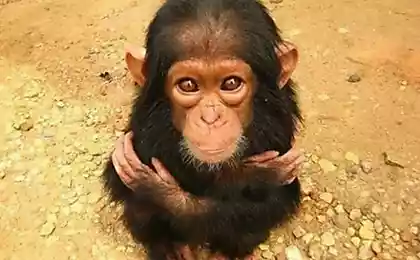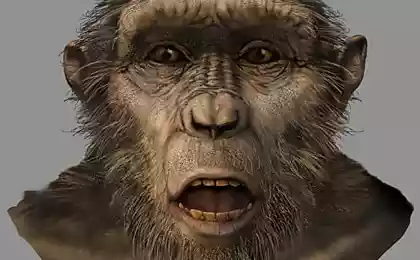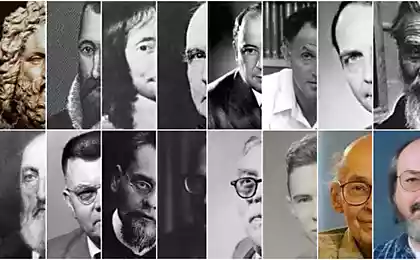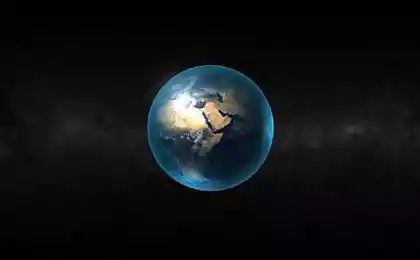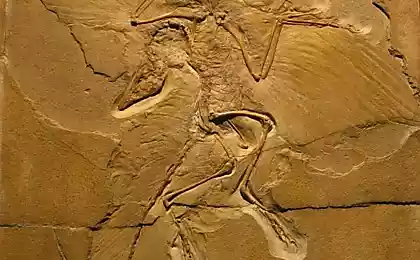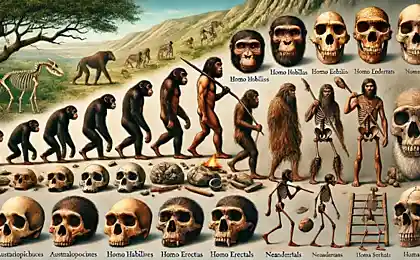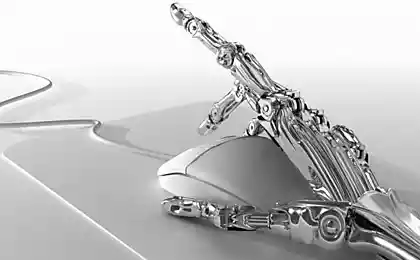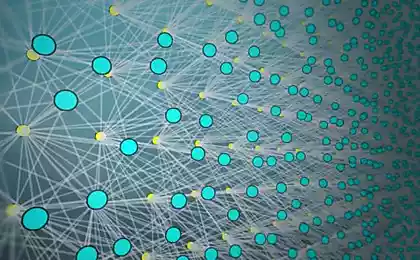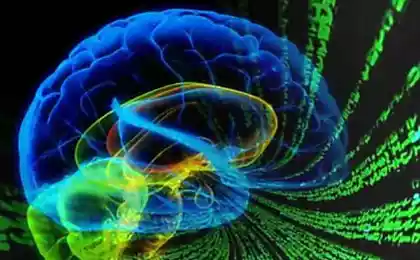505
The city changed the course of evolution
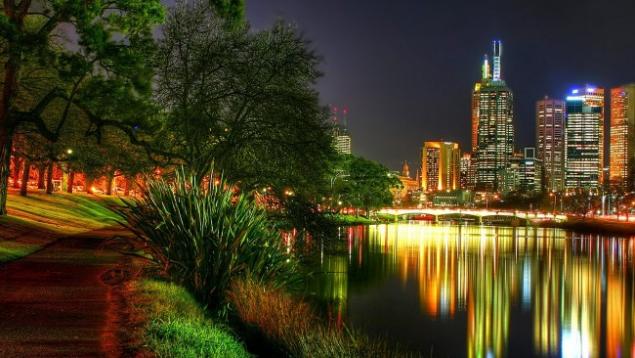
City in a certain way influenced the ecosystem and even changed the course of evolution. Researchers found that evolutionary change began to occur faster than previously thought. The ecosystem is changing before our eyes. Spiders in cities are getting bigger and salmon in rivers smaller. This fish is able to live in salty and fresh waters. Urban birds are more bold. A new study by Marina Alberti of the University of Washington shows that the impact of human civilization on the ecosystem can have significant impacts on the environment and ultimately the person. Through the human ecosystems of cities become unstable, but gain unprecedented opportunities to change rapidly, adapting to the new human civilization conditions. And the ability of a person to influence the course of natural processes must be considered in the course of further urbanization.
Professor Marina Alberti works in the lab of urban ecology College of the built environment at the University of Washington. She is Professor of urban design and planning. Marina Alberti notes that the evolutionary change, which ought to be long, began to happen quickly. Her study was reviewed by the online ScienceDaily.
The processes can be addressed only through interdisciplinary research, and the only way to establish a link between human civilization and the occurring in nature processes. And determine how those or other changes. Professor Alberti stresses that the accelerated evolution may have a negative impact on the environment. This phenomenon is called "eco-evolutionary feedback" ("eco-evolutionary feedback"):
The city not only impact on biodiversity, reducing the numbers and diversity of species... the Impact of [the acceleration of evolutionary processes] is the diversity, the food chain, seed dispersal, detoxification, food production and ultimately on health and human well-being.Human civilization has influenced changes in fish, birds, mammals and plants. In addition to the growing spiders and shrinking salmon Professor notes that earthworms become more tolerant to metals, seeds of some plants spread less effective, and the kind of urban mice enjoys the reputation of being carriers of Lyme disease (tick-borne borreliosis).
Songbirds become more bold. Also changing their tune because they need to be audible even in urban noise. European blackbirds become sedentary and cease to fly away for the winter.
The reason for all these changes is mankind and its cities, says Professor Alberti. Urbanization changes, and sometimes even breaks the natural vegetation mosaic. The reason for this pollution, increase in noise and light and increased temperature. And also change the available resources, water and food that leads to a change in the life cycle of many species. For example, birds in the cities eat is not the same as in the wild.
Professor Alberti does not consider what is happening something very bad. It just emphasizes that man has a unique opportunity to set the direction of evolution on Earth. But this requires great care.
Ecosystems of cities is a kind of plug-in hybrids and, she adds:
Their hybrid nature makes them unstable, but capable of change.This subject Professor Alberti reveals in the book "Cities as Hybrid Ecosystems" ("Cities as hybrid ecosystems"), which will be released in spring 2016.
In her opinion, just depends on the person whether in the future a viable urban ecosystem. But for this it is important that people realize the vital role they play in the formation of new ecosystems.
In the human cities formed the unique living conditions of various species. In the wild there are no such conditions, and everything living starts to adapt to these new conditions: the birds sing so that they could be heard even through the constant noise of the metropolis.
Will the mankind be able to take care of the nature of their cities? And use given the opportunity to make it even more beautiful with the good for ourselves and for nature itself? At least because scientists now know that human civilization has an impact on those species that live and grow in humanity built cities. However, changing not only the ecosystem of cities. In the Northern forests gradually gaining ground is quite different types of plants than before.
Professor Alberti in the course of his further researches are going to seek answers to a number of important for the whole of civilization issues. Whether rapid urbanization, to change the direction of evolution on Earth? Will not affect whether it is negative on the oxygen content in the earth's atmosphere? Can other approaches to urbanization, change the nature provided mankind's impact on the ecosystem and evolutionary processes?
published
Source: hi-news.ru
To beat arthritis: diet and treatment popular ways
Supermassive black hole in the galaxy PDS 456 allocates the energy of a trillion suns
